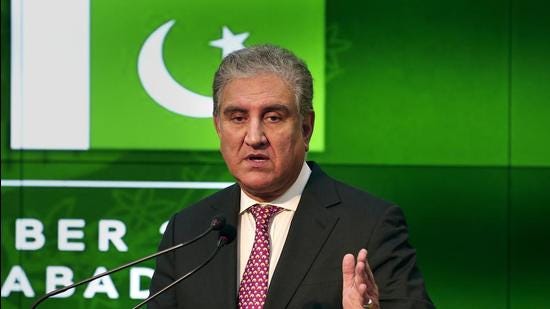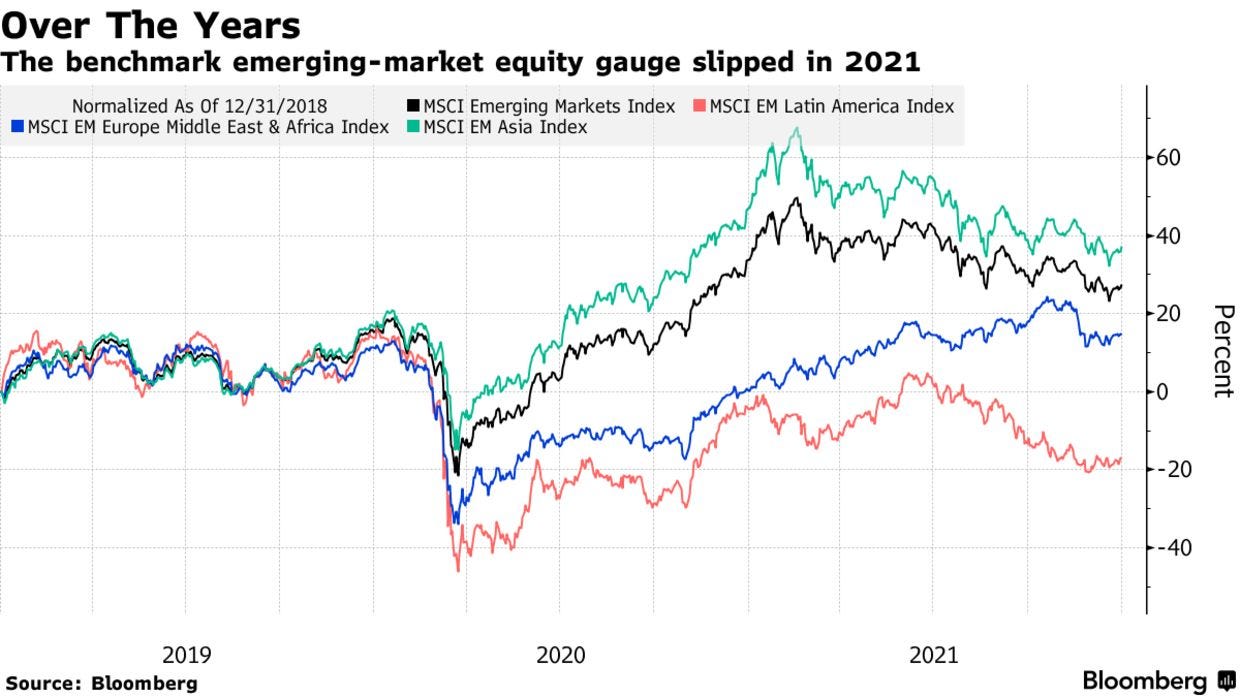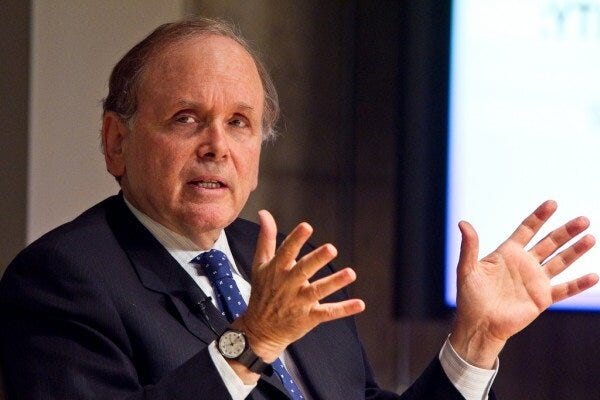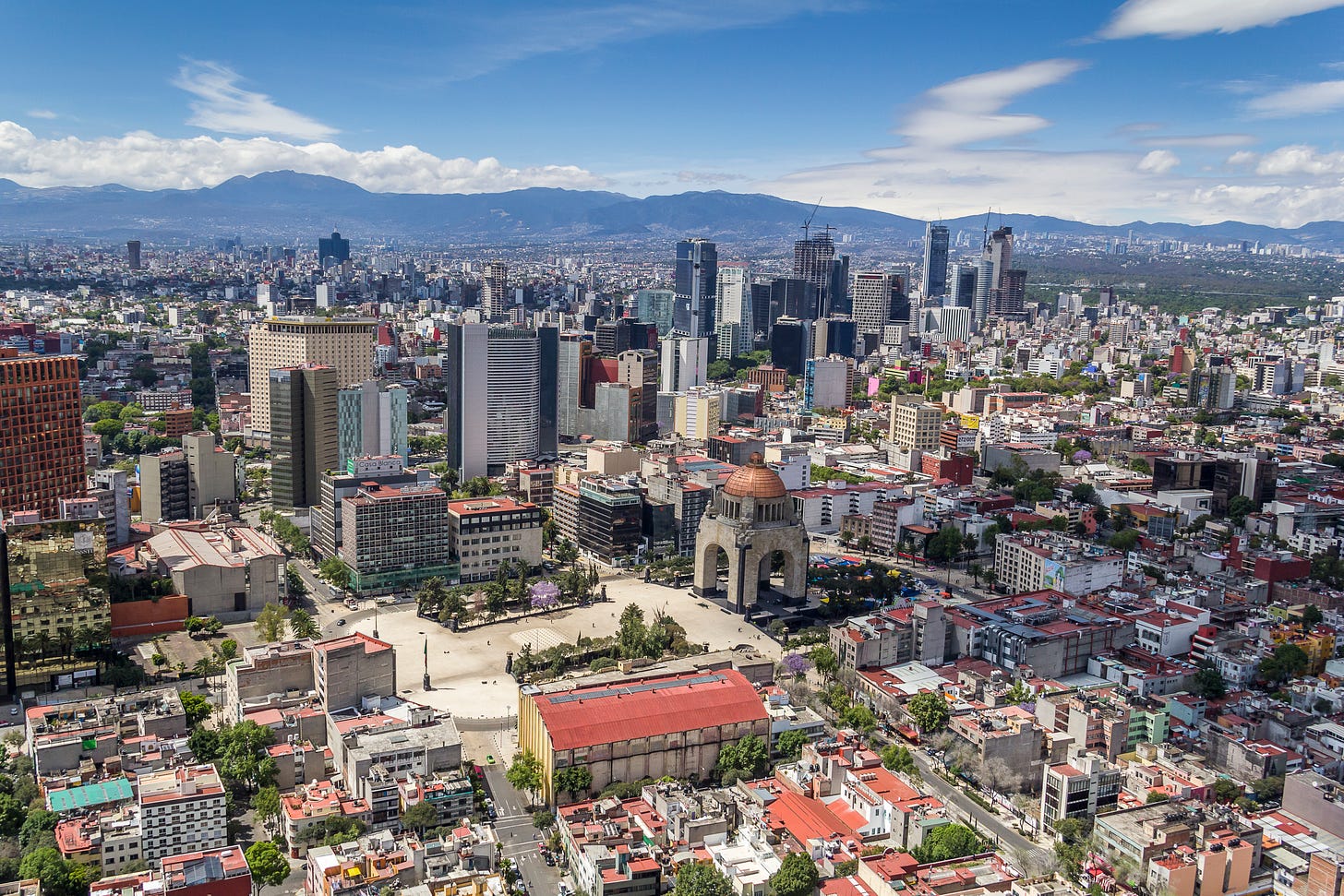Emerging Markets Daily - January 3
EM IPOs Hit New Record, Houthi Rebels Seize Ship in Red Sea, Yergin: US Shale is Back, Pakistan Offers to Host South Asia Summit, Mexico Rises as Travel Destination
The Top 5 Stories Shaping Emerging Markets from Global Media - January 3
EM IPOs Mark New Record, Hitting $228 Billion Last Year
Bloomberg
“A record-breaking number of emerging-market companies made their public debuts in 2021, just ahead of what should be a tough year for equity investors.”
“While the price of most newly issued stocks has risen since their IPOs, the benchmark gauge of developing-economy stocks just wrapped up its worst year since 2018. That suggests appetite for the risk assets is dwindling, with quick-spreading virus variants and higher interest rates set to further challenge equities in coming months.”
“Those headwinds were far from investors’ minds as higher capital needs and hope for a global economic recovery led 1,161 companies from emerging markets to make initial public offerings last year on local or foreign exchanges. All together, they raised $228 billion via listings, a 31% increase from 2020, according to data compiled by Bloomberg.”
“In 2021, China led developing-economy IPOs with 602 new deals, followed by South Korea, India, Indonesia and Brazil, according to data compiled by Bloomberg. Of those whose pricing was tracked by Bloomberg, most came in within the expected range.”
“‘It is hard to see that EM as a whole will do well given that China is the 800-pound gorilla in the benchmark,’ said Lu Yu, a portfolio manager at Allianz Global Investors in San Diego. China accounts for about 30% of the MSCI Inc. benchmark of emerging-market stocks, with shares from the Asian nation down almost a quarter in 2021.” Bloomberg reports.
Houthi Rebels Seize Emirati-flagged Ship in Red Sea
Financial Times
“Yemen’s Houthis have seized an Emirati-flagged ship in the Red Sea, opening up another front with Saudi Arabia as the long-running war escalates.”
“The Saudi-led coalition, which intervened in the impoverished country’s civil war in 2015, called on the Iran-aligned rebels to free the vessel immediately, threatening the ‘use of force’ to secure its release. Brigadier Yahya Sarie, the Houthis’ military spokesmen, said the United Arab Emirates ‘military cargo ship’ had entered Yemeni waters ‘without any licence and engaged in hostilities targeting the security and stability of the Yemeni people’.”
“The Saudi-coalition said the vessel, named Rwabee, was seized late on Sunday while carrying equipment from a decommissioned field hospital in the island of Socotra to the Saudi port of Jizan, including cargo such as ambulances, communication devices and security support equipment.”
“‘This act of piracy . . . is a credible threat that highlights the danger of the terrorist Houthi militia on the freedom of navigation and international trade,’ it said in the statement carried by the official Saudi news agency. The incident marks the first Houthi seizure of international shipping since 2019, when the rebels briefly held South Korean- and Saudi-flagged vessels in the waters off Yemen.”
“The vessel’s seizure represents a further escalation in the bloody battle for Yemen that has pushed the country to the brink of famine. Saudi Arabia first intervened in 2015, leading a coalition of nations, including the UAE, seeking to restore the government ousted by the Houthis. The Emiratis withdrew their military forces from Yemen in 2019.” Simeon Kerr reports.
Yergin: ‘Second Shale Revolution’ Will Challenge Saudis, Russia on Oil
Nikkei Asia
“The ‘second shale revolution’ in the U.S. will change the current picture of the world oil market, whose sole determinant is OPEC+, led by Saudi Arabia and Russia, energy expert Daniel Yergin says.”
“Yergin, the vice chairman of IHS Markit, said in a recent written interview that the U.S. shale industry is experiencing a new revolution in which companies focus on ‘capital discipline,’ staying within cash flows and returning money to investors.”
“The U.S. became the world's largest oil producer in 2018 for the first time in 45 years thanks to brisk shale production. The pandemic dealt a blow to global oil demand in 2020, however, and shale oil production remains sluggish, hovering well below the pre-pandemic level.”
"‘U.S. shale is coming back,’ Yergin said, adding that the industry has consolidated and brought down costs. ‘But public companies are still being cautious and moderate in increasing activity. ... The step-up in activity will not be the way it was a few years ago, where 'growth' was the only objective.’”
“The industry now has national backing, in a big change from the beginning of the current administration. U.S. President Joe Biden is now focused on oil and is calling for increased U.S. production. This was ‘buttressed,’ Yergin said, by an unprecedently large release from the Strategic Petroleum Reserve.”
“Oil prices hit a seven-year-high in October as the Organization of the Petroleum Exporting Countries maintained a relatively moderate increase in production. The benchmark West Texas Intermediate was at $71 per barrel in late December, up 50% from January 2021.”
“For the coming year, a range of $65 to $85 is a reasonable expectation as long as the global economy grows, said Yergin.” Nikkei Asia reports.
For more from Daniel Yergin, see our Emerging World exclusive interview - “The New World Has a New Terrain”
The Pulitzer-Prize winning author talks about the new maps of energy and geopolitics, the writing process, his artist mother's influence, China-US showdown, and what he's learned as an entrepreneur
Pakistan Offers to Host South Asian Summit, Then Throws Darts at India
Hindustan Times

“Pakistan on Monday reiterated its offer to host the long-pending summit of the South Asian Association for Regional Cooperation (Saarc), with foreign minister Shah Mahmood Qureshi saying India can attend the meet virtually if it does not wish to participate in person.”
“Qureshi made the remarks while addressing a news conference in Islamabad, where he presented a review of Pakistan’s foreign policy during 2021. He reiterated Pakistan Prime Minister Imran Khan’s remarks that the onus is on India to take steps to create an environment conducive to dialogue between the two sides.”
“The 19th Saarc Summit was to have been held in Islamabad in November 2016 but was called off after New Delhi pulled out over the Uri terror attack that was blamed on Pakistan-based terrorists. There is also uncertainty about the status of Afghanistan, one of the eight members of the grouping, following the Taliban takeover of the country last year.”
“Qureshi, who was speaking in Urdu, described Saarc as an ‘important forum’ and said: ‘Unfortunately, India has made this forum dysfunctional because of its stubbornness. They are not ready to come to Islamabad, they are hesitant.’”
“He added: ‘Because of India’s obstinacy, this forum is suffering. If India does not want to come [for the Saarc Summit], then new means are available. I reiterate our invitation to all Saarc members and Pakistan is willing to host the 19th Saarc Summit in Islamabad. If India doesn’t want to come, they can attend virtually.’” Hindustan Times reports.
Mexico Is Now One of the Most Visited Countries in the World
Travel Off Path
“Cementing its status as a tourist-friendly country in spite of Omicron, Mexico is now one of the most visited destinations on the planet and is on track to become a world favorite this year.”
“Unlike most nations in the old continent or the US itself, which remained off-limits to foreign arrivals for well over a year, Mexico flung the doors open and required very few, if anything at all, of inbound travelers.”
“As it turns out, the unusual Mexican approach to crisis seems to have paid off. In a year when nations, more commonly than not, shut down entirely and further hindered the recovery of an already heavily-impacted aviation sector, Mexico managed to reach 95% of its pre-pandemic passenger levels.”
“The country posted an extraordinary 31 million international arrivals in 2021, or 28.1% more than the same period in 2020. Simultaneously, several other countries registered downward trends in the aviation sector, especially across the pond.”
“To draw a comparison, the UK closed 2021 with 71% less international flights than in 2019, the year before the virus emerged. This goes to show that, when it comes to boosting traveler confidence, any restrictive measures imposed on visitors do matter.”
“…According to data shared by Mexico’s Federal Agency (dependencia federal) tourism comprised 7.1% of Mexico’s GDP in 2021, up from 6.7% in 2020. Additionally, it is now expected to account for 8.3% of Mexico’s economy in the months to come.”
Domestically, intercity travel has also re-bounded from its 2020 lows. In the first 11 months of 2021, Mexico experienced a pronounced increase of 58.2% in domestic travelers.” Travel Off Path reports.
“Success is not final, failure is not fatal: it is the courage to continue that counts.”
― Winston S. Churchill







